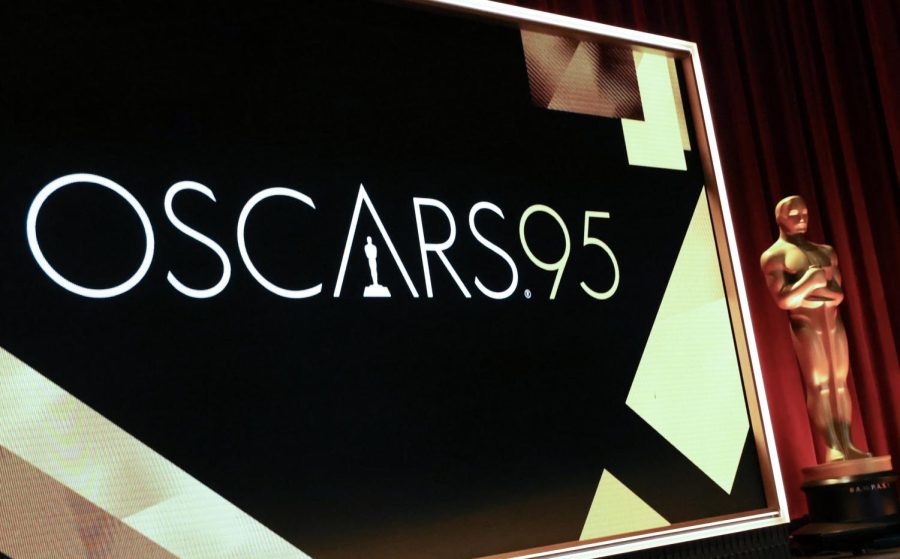Many may have heard about the media ruckus over Mitt Romney’s infamous gaffe, “I like to fire people.” In all likelihood, even fewer really actually understand the context and the topic of health care reform surrounding the Republican presidential candidate’s remark, or his stance on other key political issues being debated in the upcoming primary elections.
The out-of-context statement, albeit powerful due to Romney’s selection of words, quickly gave oppositional candidates a window of opportunity to stir another media circus. Rounds of political ads to target Romney and his campaign quickly used the cropped quote to draw the focus back to the candidate’s imperfect reputation as former CEO of Bain Capital, LLC.
Misplaced quotes, exaggerated arguments, and even false accusations are all part of the norm in political campaigns. The constant mud-slinging and dirty nature of politics and political advertising is probably one of the many reasons why citizens are continually becoming more disconnected and uninterested about politics in general.
The media outlets are all so crammed with convoluted political drama; it’s not surprising that audiences are compelled to mentally block all aspects of political news from their news digest. In fact, it’s likely the early mention of certain political terminology in this very column may have been enough to turn-off readers from continuing to read the rest of this article.
There is much acknowledgement about the public annoyance over negative political ads, as written in a Reuters article in which voters explained their frustration over constant political wars between parties and candidates through advertisements on the air.
Even so, many supporters behind political campaigns continue their strategic efforts as negative political advertisements are actually effective in successfully shifting election results.
There’s no doubt that as audiences, we are more drawn to and are more prone to retaining negative information than we do with passive information, even if we are not making efforts to pay attention, because they elicit more emotion and interest. We can see examples of this just by thinking how we react to insults compared to how we react to regular conversation.
Although negative political ads may be more effective in relaying messages to audiences in the short run, the more important issue at hand is whether or not this so-called “effective” advertising actually improves the interests of a Democratic country.
Is it beneficial to our society that political ads are merely entertainment rather than informative? Are we paying more attention to the personal attacks between candidates and witty advertising techniques than we are to the actual issues that are important to us?
Due to the fact that political speech is largely uncensored and is not held to the same “truth in advertising” standards set up for other forms of commercials to prevent false advertising, political campaigns are prone to pushing the limits of distorting information, without being legally liable.
Although political speech may be free, political advertising is not. The major problem with political campaigns is the whirlpool of spending behind the scenes.
Through groups called political action committees, otherwise known as “Super-PACs,” individuals, corporations, and unions are able to raise large amounts of money for political issues. Although these Super-PACs are prohibited from being directly associated with candidates, these groups are typically run by former affiliates of the politicians supported by the group.
Through recent Supreme Court cases, these Super-PACs are able to raise unlimited amounts of money. This means that million-dollar political campaigns are in the hands of a very small percentage of extremely wealthy individuals and corporations.
Putting an end to the long-time tradition of negative political advertisements may not be the solution to the growing apathy between citizens and politics. Bridging the gap means reducing the influence of wealthy elitists who ultimately run political campaigns, without sufficient accountability or transparency.









